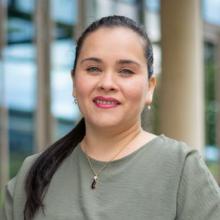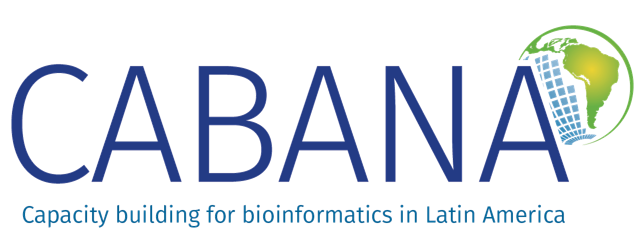
Mayra Osorio
PhD studentMayra Osorio is a PhD student at the Pontificia Universidad Javeriana, Colombia, and attached to the Plant and Crop Biology lab of the Department of Biology. She previously held a research assistant position at the Institute of Advanced Studies - IDEA, Venezuela, developing tissue culture protocols for cassava and cocoa and characterizing crop genetic diversity using molecular markers. She received a MSc degree in Advanced Biotechnology from the University of Andalucía, Spain. Her main career concerns are food safety and sustainable agriculture, both highly affected by the climate change as global warming enhances the incidences of abiotic stress in plants. The phenotypic response to stress in plants is very complex and supported, at the epigenetic level, in a wide reprogramming of gene expression, involving various regulatory networks that ensure different levels of stress response and tolerance. Cocoa is a native species of the Amazon tropical rainforest with cultural, nutritional and commercial importance in Latin America and other countries of the world.
Project summary
As a CABANA fellow, the aim of Mayra's project is to characterise and compare the phenotypic response to water deficit stress of two cocoa genotypes with contrasting physiological behaviour to this kind of stress. Using a transcriptomic approach (RNAseq), she is developing pipelines for differential expression analysis of transcriptomic data, coexpression and regulatory network modelling, and comparative transcriptomics at the EMBL-EBI Gene Expression Team led by Dr Irene Papatheodorou.
Project outcomes and impact
Mayra hopes to acquire the bioinformatics skills to generate useful knowledge from transcriptomics data analysis, allowing an understanding of water deficit response in cocoa and to identify key genes supporting tolerance to this stress. This knowledge should benefit breeding programmes and contribute to the enhancement of yield, sustainability and welfare around cocoa cropping.
